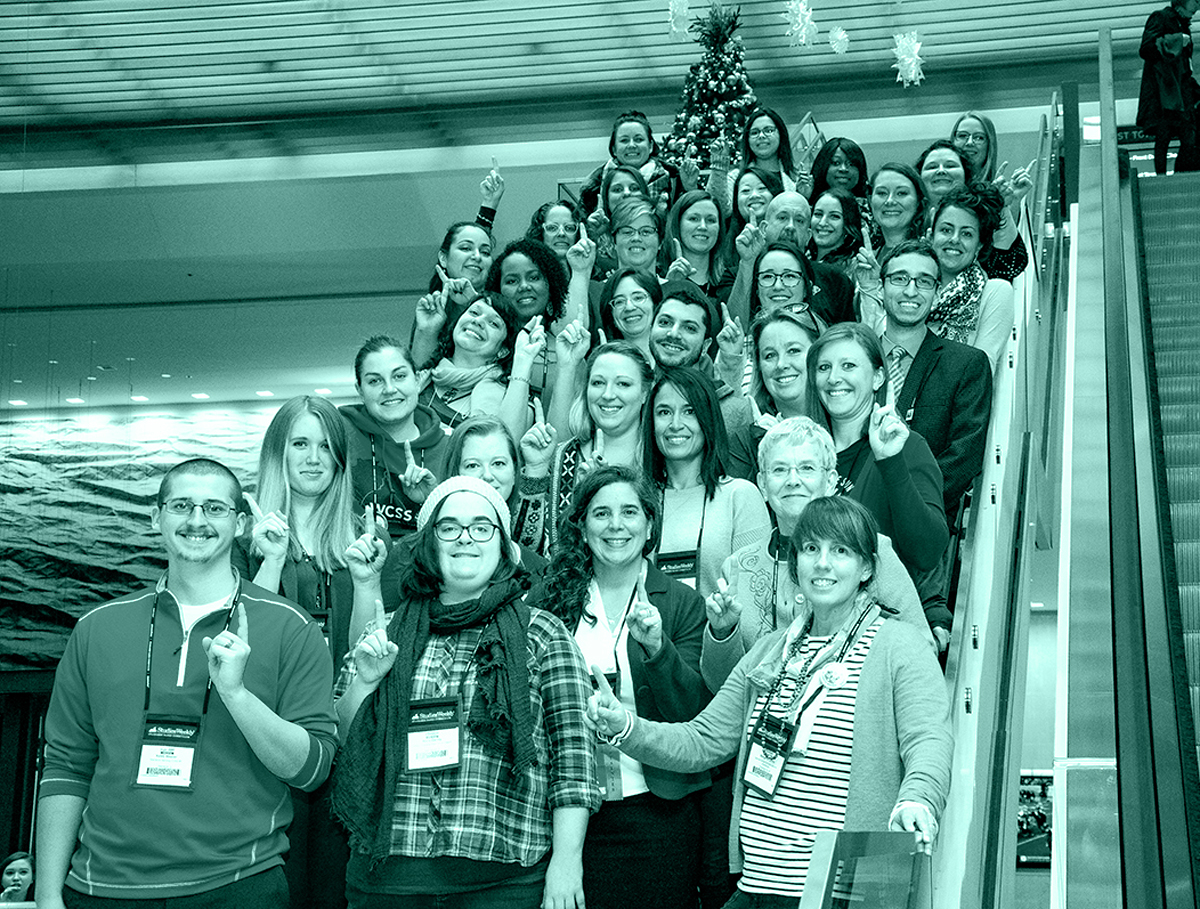
Globalizing the ‘Yellow Peril’ and Anti-Asian Racism with Human Rights Education
Conference Room: IowaSummary This presentation examines how human rights education (HRE) can help teachers frame and globalize themes related to anti-Asian racism. This session will demonstrate how human rights concepts can help teachers identify stereotypes and discrimination faced by Asian people across the globe, and promote citizenship that interrupts these forces. Following a brief overview of HRE […]

